This golden and deliciously warm spice has long played a role in human history, ranging from medicinal to spiritual to culinary.
Turmeric is a member of the ginger family that has been used in medicines for over 4,000 years. It has a religious role in traditional Hindu wedding ceremonies, adds flavor and color to Indian dishes, and is now popping up as an ingredient in soaps and scrubs.
But along with its rich and visually appealing color, there are numerous health benefits that keep turmeric from becoming ancient history.
What Is Turmeric?
The turmeric spice originates from the Curcuma longa plant, most commonly found in India. This plant grows to just under three feet tall, and its underground roots are where the warm and earthy turmeric spice is produced.
How Can Turmeric Be Used?
In cooking, turmeric spice or powders are used to add color and flavor to a number of dishes and foods, including curry, mustard, and some cheeses. It can be sprinkled over eggs, and even added to lattes to give them an extra kick.
This spice is rich in nutrients. Just one teaspoon has 0.3 grams of protein and 0.7 grams of fiber–an impressive amount for such a small quantity!
The main active ingredient in turmeric is curcumin, which is considered the source of turmeric’s healing properties. Building on turmeric’s long history in ancient medicine, curcumin is now available in supplement form.
What Is Curcumin?
Just as the cannabis plant is made of cannabinoids, turmeric is made of compounds known as curcuminoids. Curcumin is the most well-known curcuminoid and is responsible for giving turmeric its identifying golden tint and storing the bulk of turmeric’s health benefits.
What Are the Potential Health Benefits of Turmeric and Curcumin?
Curcumin’s ability to introduce antioxidants into the body can do wonders for our health, particularly when supporting immunity and stabilizing free radicals that can lead to oxidative damage.
Protection Against Free Radicals
Free radicals are unstable molecules that are created during metabolic function and can increase when our bodies come into contact with harmful stressors such as car pollution or smoke. However, these molecules can wreak havoc on the body by causing oxidative stress and destroying healthy cells to gain access to more electrons.
On the other hand, antioxidants can lend electrons to these free radicals without becoming unstable themselves.
Antioxidants are found in a number of naturally-occurring food sources, such as turmeric. The molecular makeup of curcumin is credited with balancing out free radicals and boosting the effectiveness of pre-existing antioxidants in the body.
Support Healthy Skin
Curcumin’s antioxidants can help limit the physical effects of free radicals, including skin blemishes and wrinkles, which occur when free radicals take electrons from healthy skin cells.
Turmeric is also considered antimicrobial, which can help nourish and hydrate the skin, bringing out a natural glow. This is why turmeric has become such a popular ingredient in soaps, exfoliants, and other skincare products.
Anti-Aging Properties
Protecting your skin and decreasing the signs of aging go hand and hand — and curcumin can help do both!
As you age, your body becomes less equipped to fight off free radicals, which is why many of the physical effects of free radicals are associated with aging, such as developing wrinkles and lines.
Exposure to stressors that produce more radicals can cause premature aging as more cells and tissues are harmed. In keeping free radicals from latching on to healthy cells, turmeric can help keep physical signs of aging at bay.
Support Heart Health
Research points to curcumin as a valuable tool in supporting a healthy heart, particularly in boosting the function of the endothelium, which is the lining of blood vessels in the heart.
Endothelium cells are responsible for releasing enzymes that control immune function and blood clotting and substances that control the relaxation and contraction of the vascular smooth muscle.
The antioxidant properties in curcumin are thought to improve endothelial function in adults over 45 by increasing nitric oxide creation and lowering oxidative stress in the body.
Redness and swelling can also play a role in declining heart health, and so curcumin’s ability to reduce swelling can also play a role in heart health and heart attack or heart disease prevention.
Chronic Disease Prevention
While inflammation is a vital part of our immune system, chronic inflammation can mean that the immune system is attacking healthy cells, leading to a number of diseases and chronic health conditions.
Research shows that curcumin may help prevent some of these conditions as a bioactive chemical that can decrease swelling.
Relief From Symptoms of Joint Pain
One major way swelling presents itself is joint soreness and pain, like that experienced in cases of arthritis. The right dose of curcumin can soothe swelling and help bring relief.
Neuroprotective Benefits
Turmeric can also play a beneficial role in our mental wellbeing and cognitive support against issues like Alzheimer’s disease. The brain-derived neurotrophic factor (BDNF) proteins are found in the brain and support the growth and multiplying of neurons.
BDNF proteins play a key role in regulating memory, attention, and mood. While stress has been linked to the reduction of BDNF, there is evidence that curcumin properties can increase BDNF production.
Scientists also believe that curcumin’s anti-swelling properties can help increase serotonin and dopamine levels– brain neurotransmitters responsible for regulating pleasure, stress, mood, and body function.
How Often Should I Consume Turmeric for Maximum Benefits?
While adding a sprinkling of turmeric spice to your daily meals can be delightful, healthy, and visually pleasing, you may not be able to feel the full effects of the curcumin compound in this form.
Most studies of curcumin use a turmeric extract, which allows for a higher concentration of curcumin. The recommended dosage for turmeric extract ranges from 500–2,000 mg per day. You should not take more than the recommended dosage, as high doses of turmeric can have unwanted side effects, such as nausea and diarrhea.
Because curcumin has a low bioavailability, it can be difficult for the body to absorb on its own. However, there are ways to increase curcumin’s bioavailability so that its health benefits can be more fully experienced.
One option is to use a turmeric extract containing black pepper, which includes a substance called piperine that can improve the bioavailability of curcumin by 2,000%.
Conclusion
At The Brothers Apothecary, we’re in awe of the qualities of turmeric that have made it a staple spice for thousands of years.
Whether you are thinking about adding a dash of turmeric to your morning lattes or taking turmeric extract to soothe swelling or boost your mental wellbeing, we hope it adds a little more joy and color to your day!
Sources:
Potentials of Curcumin as an Antidepressant | Hindawi
Jesse Richardson is the co-founder of The Brothers Apothecary. He's an avid tea drinker and the primary creator behind The Brothers' products. An undergraduate of UCLA for Political Science, Jesse currently studies Medicinal Plants at Cornell University and The International School of Herbal Arts & Sciences.



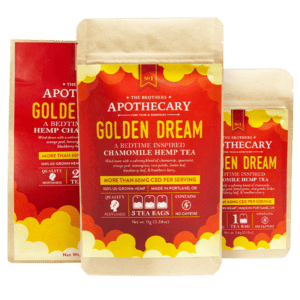
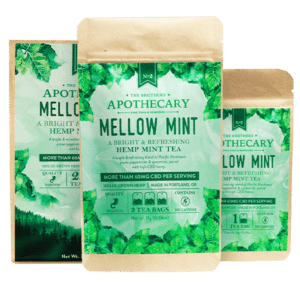
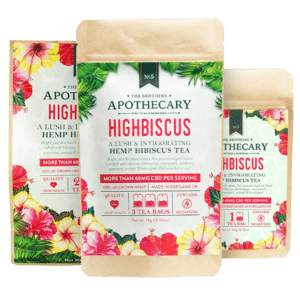
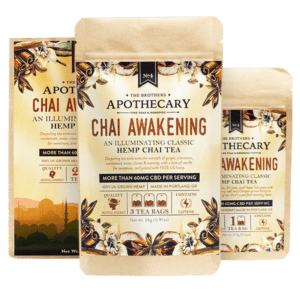


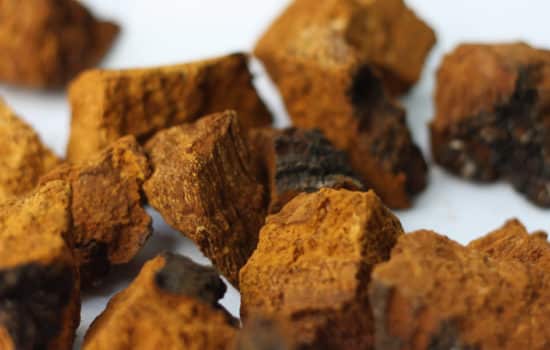
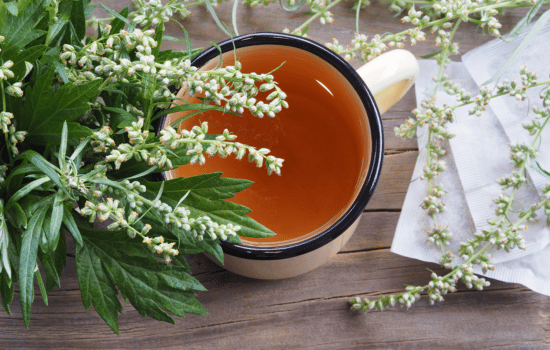
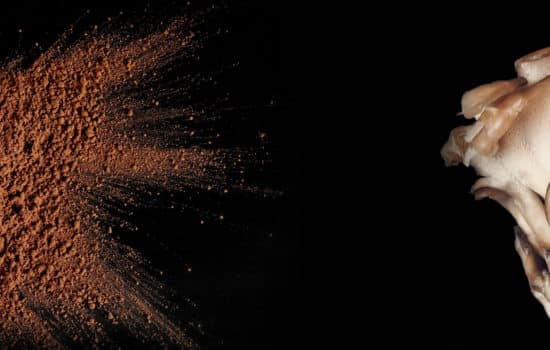

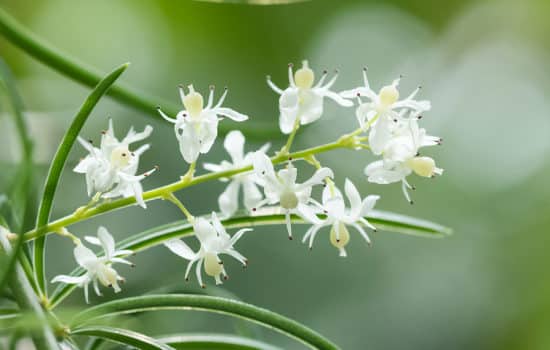





One thought on “Benefits of Turmeric Broken Down”